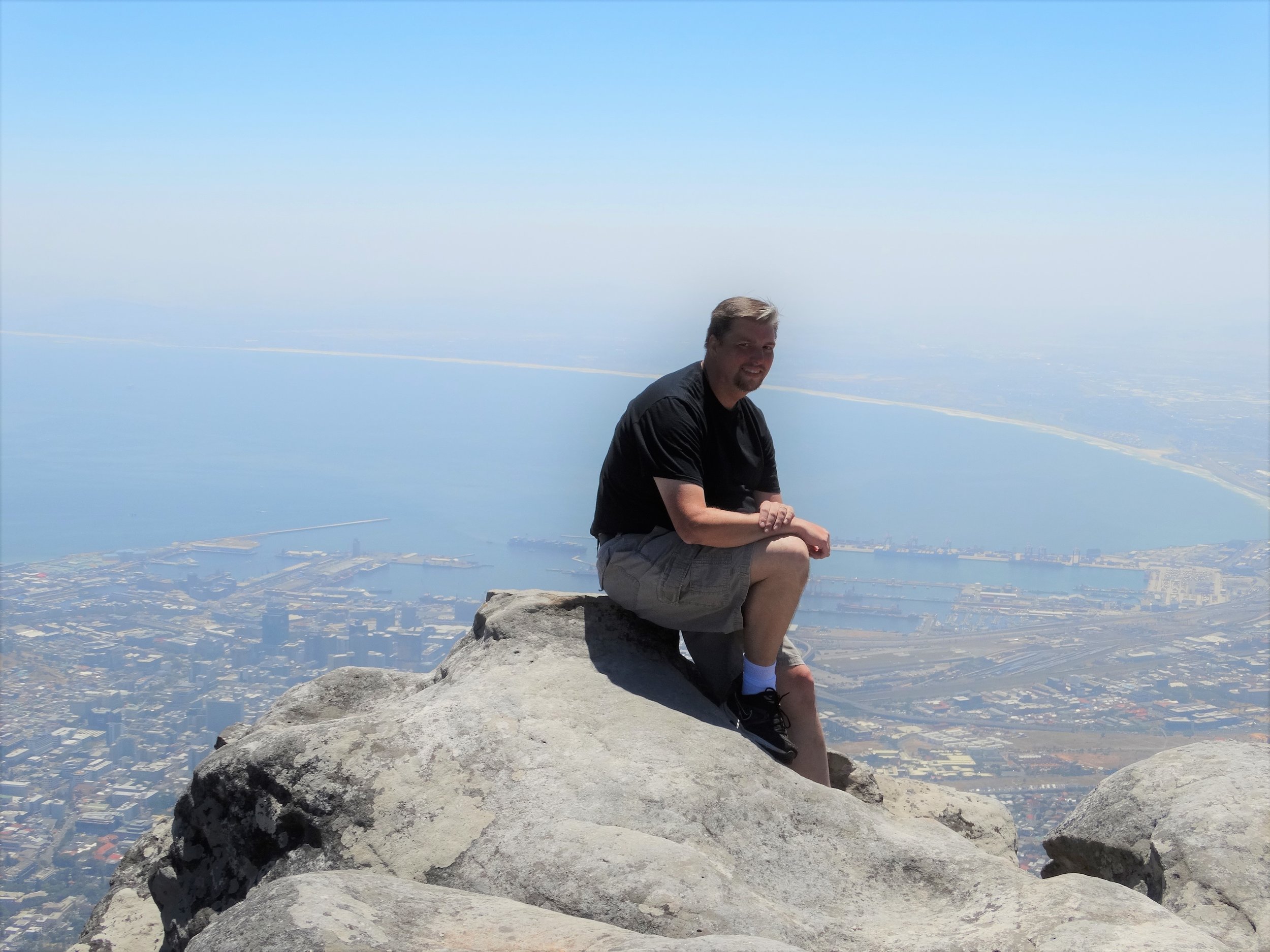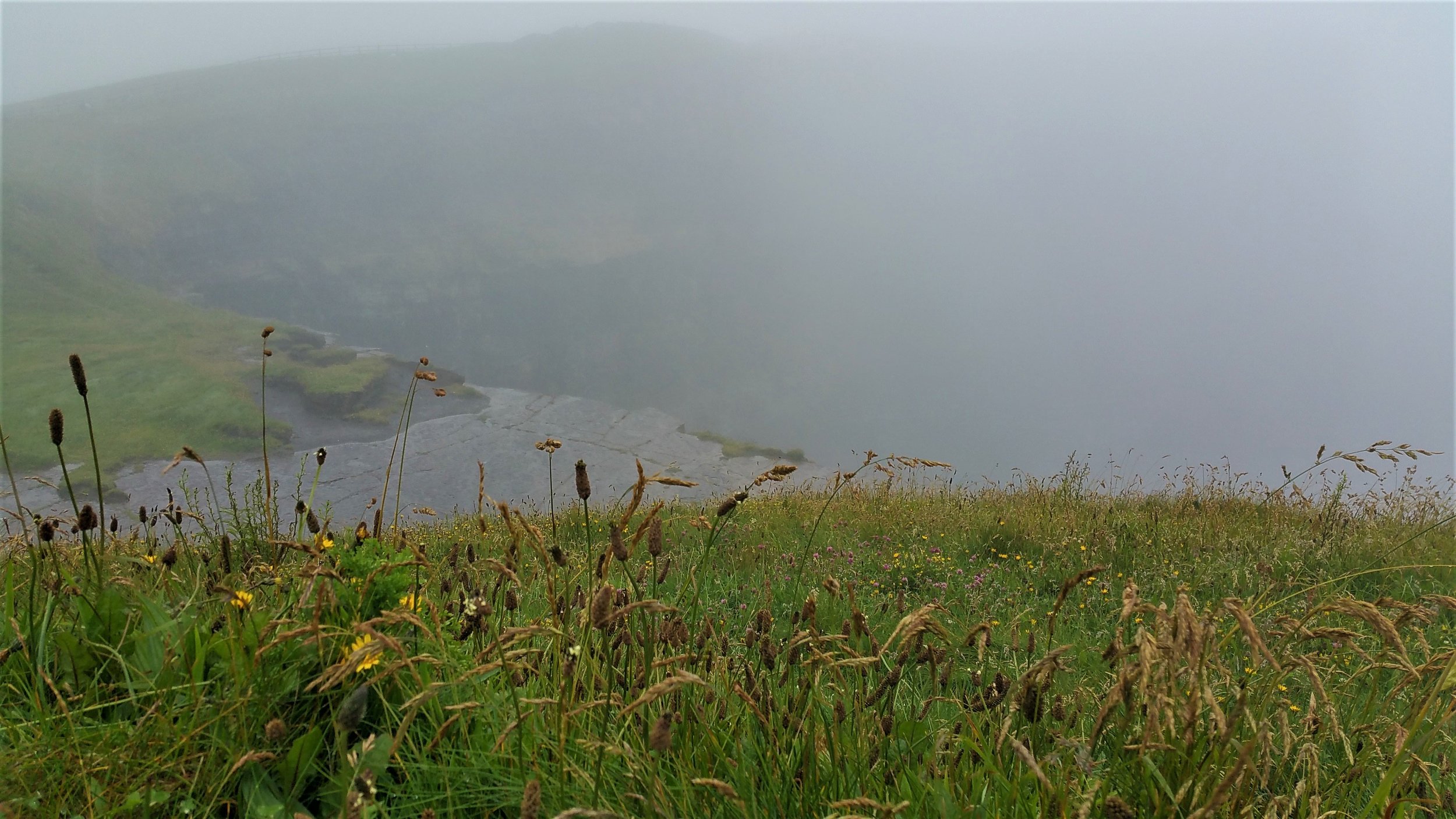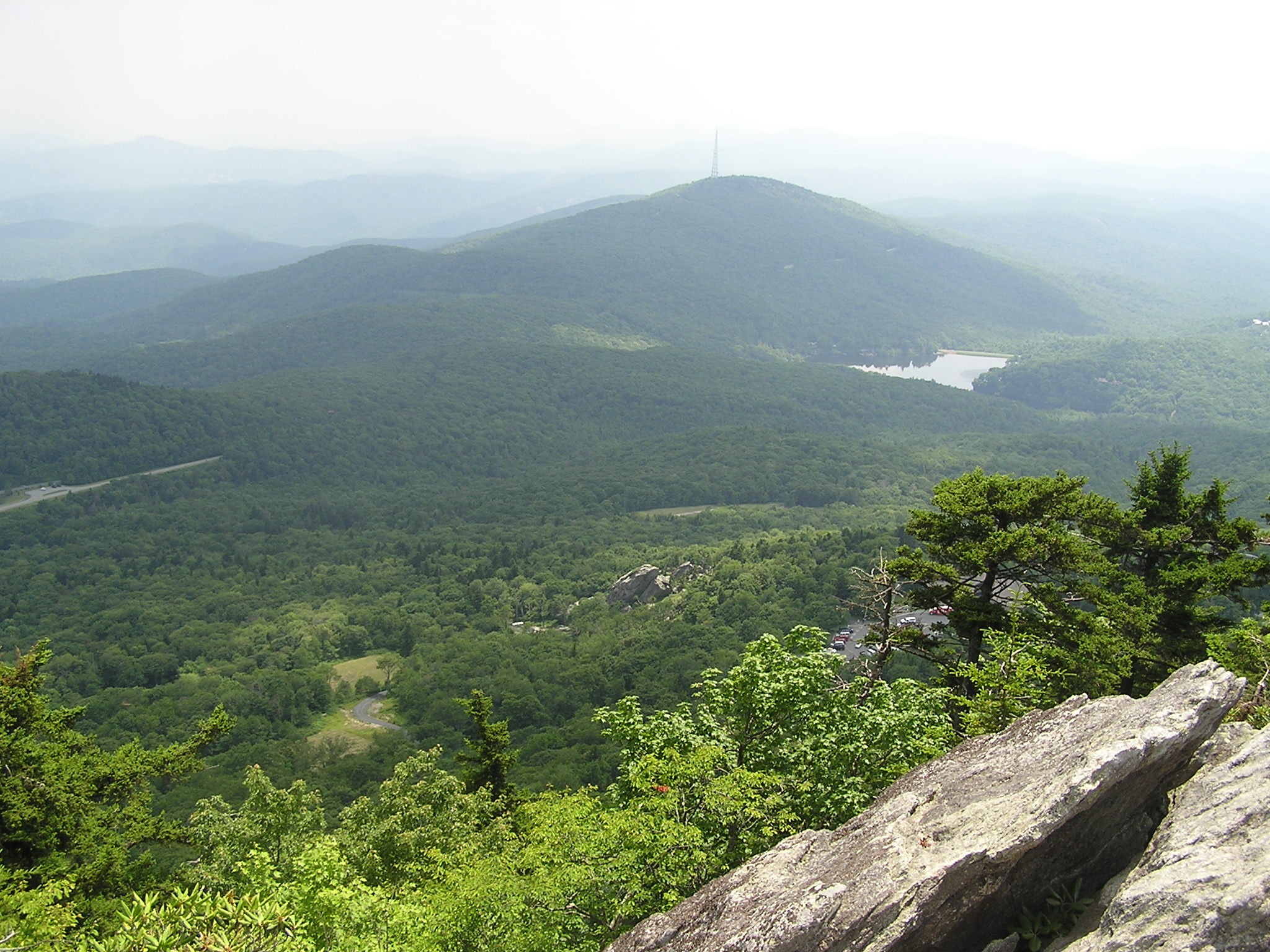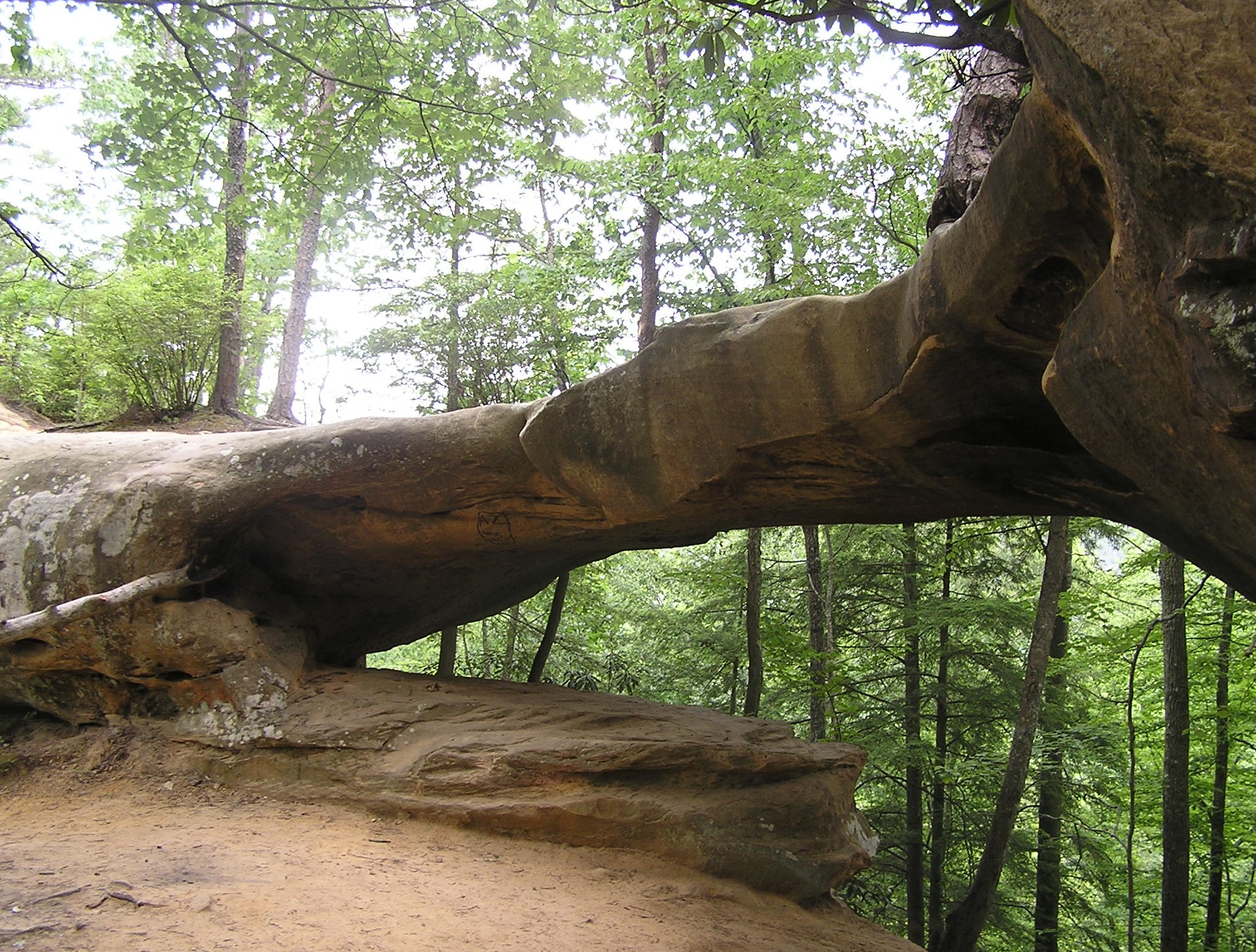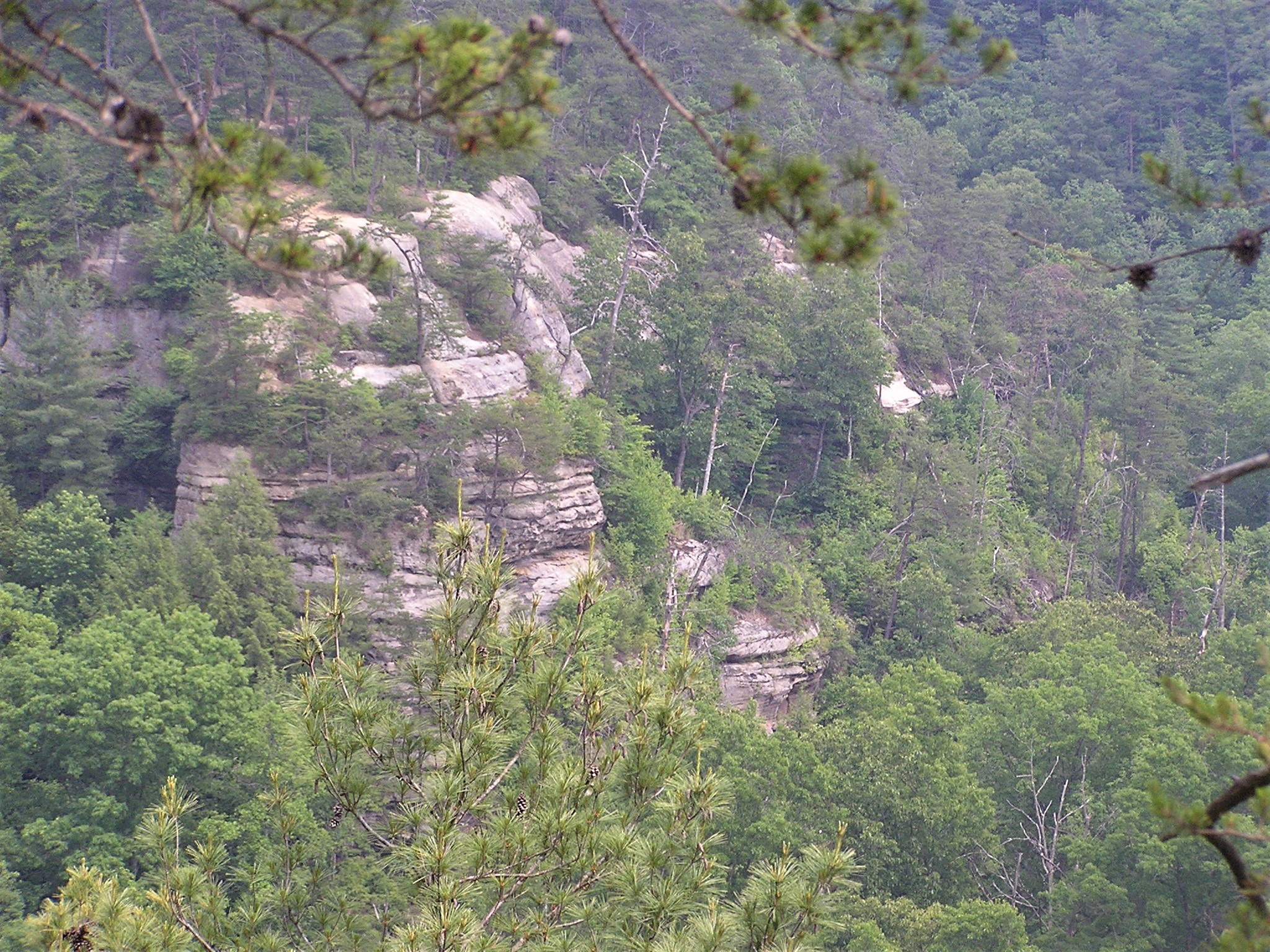I arise today...
Through God’s wisdom to guide me...
The Lorica of Saint Patrick (St. Patrick's Breastplate Prayer)
In an age where false information masquerades as fact and truth is mistaken as fiction, wisdom is perhaps more crucial than ever. Just as much of our news comes from social media headlines or tweets with no substance or nuance, so often our knowledge of scripture is limited to the few verses or catchy “Christian” sayings we read on our Facebook or Instagram feeds. I am reminded of one of my favorite 80’s movies, “Short Circuit.” As the robot, Number 5, increases in his own self awareness, he begins to consume as much information as he can. “Input… Need Input,” he says as he flies through the pages of every book in the house.
Like Number 5, we as human beings have an insatiable thirst for new information. We want to be “in the know” about everything, and we are often unwilling to admit just how much we don’t know about so many things. We need input.
There is nothing wrong with acquiring knowledge. I personally value education more than almost anything else in my life. The problem, however, is not our knowledge or lack of knowledge, but how we apply what knowledge we have. That is where wisdom comes in. As the old saying goes, “Knowledge may teach us that a tomato is a fruit, but wisdom tells us not to put it in a fruit salad or a smoothie.”
Perhaps the most beautiful and yet sometimes frightening thing about wisdom is that it is no respecter of persons. It is possible for a child to say something more wise than a Nobel Prize winner. Wisdom does not depend on our level of education or how much knowledge we have. A person can have a photographic memory and store up more information than anyone else and still act foolishly. Likewise, a person who never went to school can be “wise beyond their years” in the way they treat others and in the way they use whatever resources they have. Wisdom is all about our ability to rightly apply what we know, regardless of how much or how little knowledge we have.
I say it’s a beautiful thing because anything that levels the playing field of our social hierarchies can result in greater humility, mutual respect, empathy and love. It is also frightening because those of us who have gained greater knowledge in our lives tend to be proud of what we know and it is not easy to follow the sage advice of someone who may not appear as “smart” or intelligent, at least on the surface.
Perhaps this is why wisdom is in such short supply. Where “knowledge is power,” wisdom often brings humility which in our culture may be interpreted as weakness. Scripture tells us that all Wisdom comes from God and that it is freely available to anyone.
But anyone who needs wisdom should ask God, whose very nature is to give to everyone without a second thought, without keeping score. Wisdom will certainly be given to those who ask.
James 1:5
Some people have greater access to knowledge than others. Some people can afford higher levels of education or greater connectivity to the “information highway” as it were. But everyone has equal access to Wisdom if we only ask.
What would happen if we asked God for wisdom as readily as we seek out and consume new information? Instead of striving to read the entire Bible in a year, for example, what would happen if we took just a few verses and meditated on them day and night to consider how they shape our everyday lives. Here are just a few to consider:
1 John 4:7-11
Mark 4:35-41
Matthew 5:1-10
Matthew 5:43-48
Romans 12:1-2
Psalm 23
Galatians 5:22-26
Consider choosing just one of these passages, or another that God lays on your heart, and sit with it for an entire week without reading anything else. Perhaps read the immediate context before and after these verses, but beyond that, simply ask God each day to examine your heart and show you specific ways to better apply these passages in your day to day life. Ask God for wisdom as you read and meditate on His Word. Read it over and over again. Sit with the words in silence for awhile. Jot down anything the Spirit of Wisdom may be speaking to your heart.
Wisdom is a slow process which is yet another reason we rarely ask for it. We want wisdom just like we want patience… right now. Knowledge gives us the instant gratification we crave, but it is only a shadow of the Wisdom God desires for us to have.
Woe to those who are wise in their own eyes
and clever in their own sight.- Isaiah 5:21
Trust in the Lord with all your heart
and lean not on your own understanding;
in all your ways submit to him,
and he will make your paths straight.
Do not be wise in your own eyes;
fear the Lord and shun evil.- Proverbs 3:5-7
So let us seek the wisdom of the Lord, for “The wisdom from above is first pure, then peaceable, gentle, open to reason, full of mercy and good fruits, impartial and sincere” (James 3:17).
Reflections:
1. How do you see the relationship between knowledge and wisdom play out in your own life?
2. Have you every explicitly asked God for wisdom as you read the scriptures? What was that experience like?
3. Choose one of the passages above, or another short passage of scripture God lays on your heart, and sit with it for at least a week (longer if the Spirit leads). One method to consider is the ancient practice of Lectio Divina. You can find more about how to approach scripture in this way at https://www.contemplativeoutreach.org/lectio-divina. Journal about the insights you gain and about your overall experience of reading scripture in this way.
Our journey through St. Patrick's Breastplate Prayer continues next week:
... I arise today,
Through God’s eye to look before me…



